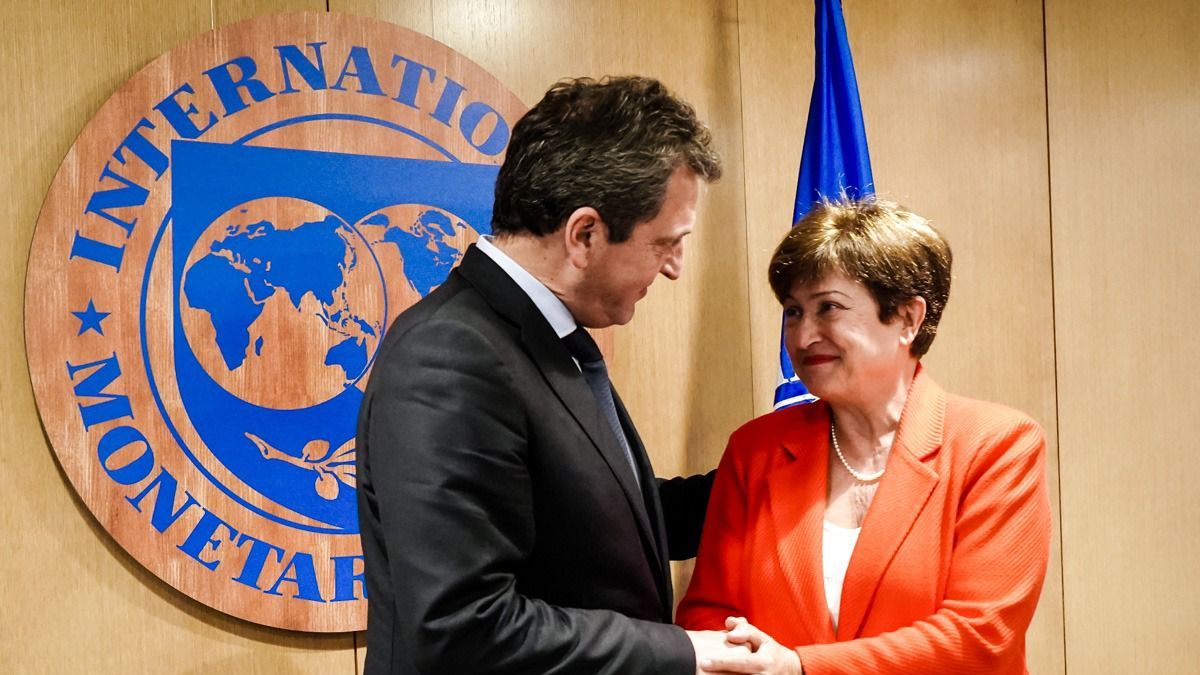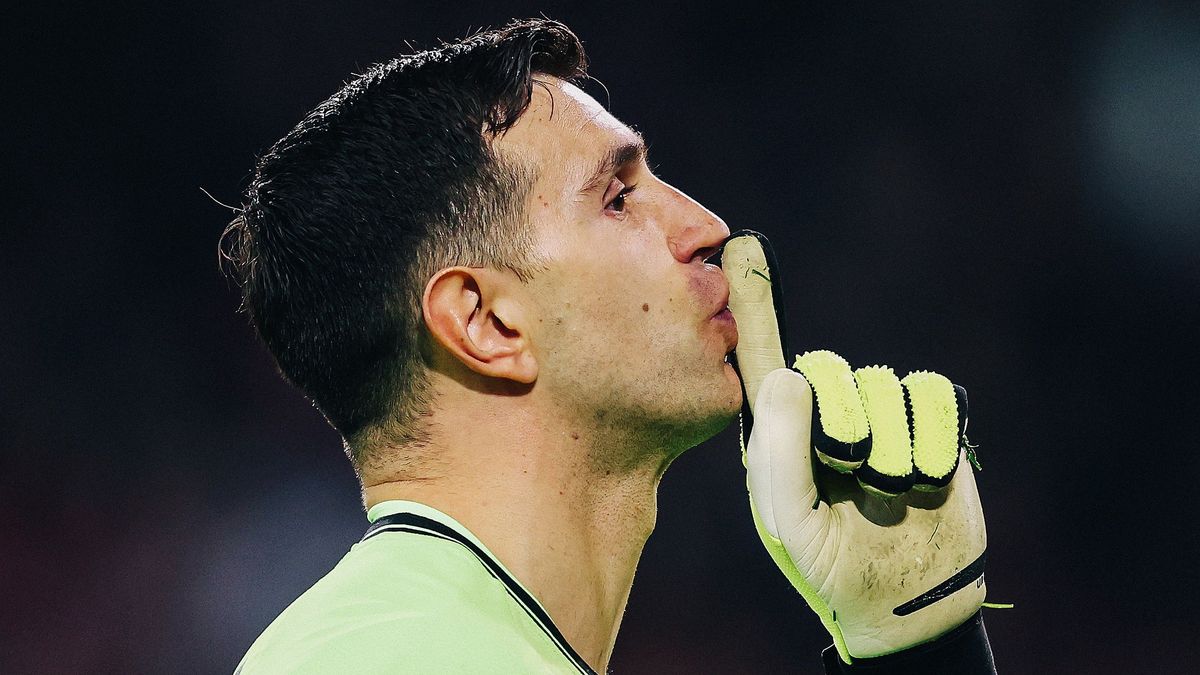Argentina and the International Monetary Fund (IMF) announced on Monday that the country complied in due time and form (even exceeded some of the objectives) of the goals agreed within the current Extended Facilities, signed in March 2022. Thus, the government of Alberto Fernández got a particularly positive cucarda. The current economic management was able to show for the first time since the 1990s, a year followed by compliance with what was agreed with the financial body, without changes in goals, without waivers and with slight modifications in the objectives.
The content you want to access is exclusive to subscribers.
To take into account what the achievement is about, the previous agreement signed by Argentina with the IMF was that of Mauricio Macri in 2018, which, contrary to what happened in 2022, broke the historical record of non-compliance with the agreements signed with the bottom. In that year, the Stand By was signed in June, breached in August and a renegotiation was sealed in August.


Argentina completed the first year of the current Extended Facilities. This performance is compared with the latest data from the agreement signed with the Stand By signed by Néstor Kirchner in 2003, which with renegotiations and various conflicts ended up being in force in January 2006 when the debt with the organization was settled; and with the one in force until 1999 during the government of Carlos Menem, which closed in 1999 but was later renegotiated by Fernando De la Rúa, who would not comply either in 2000 or in 2001. Since 2006, Argentina had no relationship of debt with the IMF, and held normal conversations only as a partner, with which the last reference as an IMF lender is that of Macri.
On July 20, 2018, the board of directors of the international financial organization that Christine Lagarde managed at the time, approved a Stand By for which Argentina would receive an impressive US$50,000 million; an amount of money that had never before been disbursed by the agency; and that it should serve to clear up any doubts about the solidity of the economy of the Macri government to meet all its financial commitments with external and internal creditors.
another record
However, and only two and a half months later, the country would break another record: Argentina would request a waiver before the agency’s second disbursement (it had never happened before in the history of the IMF), and would request a Stand By of the Stand By. Under pressure from US President Donald Trump, the agency once again supported Macri and expanded the aid by US$7,000 million to a total of US$57,000 million; also accelerating the rate of disbursements so that the money was deposited in the accounts of the Central Bank before December 2019, when the administration of Cambiemos would end in power.
I would only impose one condition: that the money not be used to combat currency runs, but rather to guarantee the country’s ability to pay and cover the fiscal gap; for which it would impose a plan to reduce red until the virtual balance by the end of the last year of that management.
On June 20, 2018, it was the IMF that confirmed the new relationship through a statement that enthusiastically explained that the Executive Board approved a three-year agreement for US$50,000 million. He then mentioned that the decision allowed the authorities to make an immediate purchase of US$15,000 million. Half of that amount will go to budget support. The remaining amount of the credit ($35 billion) would be available throughout the term of the agreement, subject to quarterly reviews.
missed targets
The official communication signed by Lagarde also announced that the economic plan of the Argentine authorities backed by the Stand-By Agreement sought to strengthen the country’s economy by restoring market confidence through a coherent macroeconomic program that would reduce financing needs, channel the Argentine public debt on a firm downward trajectory and would strengthen the inflation reduction plan through more realistic inflation targets and strengthening the independence of the central bank.
Finally, he called on the country for the government’s economic program to be anchored in the goal of achieving primary balance for the federal government by 2020. This will be key to restoring market confidence. Improving the budget process and setting this medium-term anchor for fiscal policy and for expectations would contribute to consolidating these advances.
This objective, together with the inflationary one, was what the country later failed to comply with. The new agreement finally succumbed in August 2019, when Macri lost the PASO elections against Alberto Fernández by almost 15 points, and the then president decided to turn his administration around by breaking the zero deficit commitment that he had closed in September 2018 with the IMF. Nicolás Dujovne left the government, Hernán Lacunza took office, progress was made in reprofiling the imminent debt and ended the commitments assumed with the IMF. The relationship would only be put back together with the negotiations that began in February 2021 and that culminated more than a year later.
Source: Ambito




